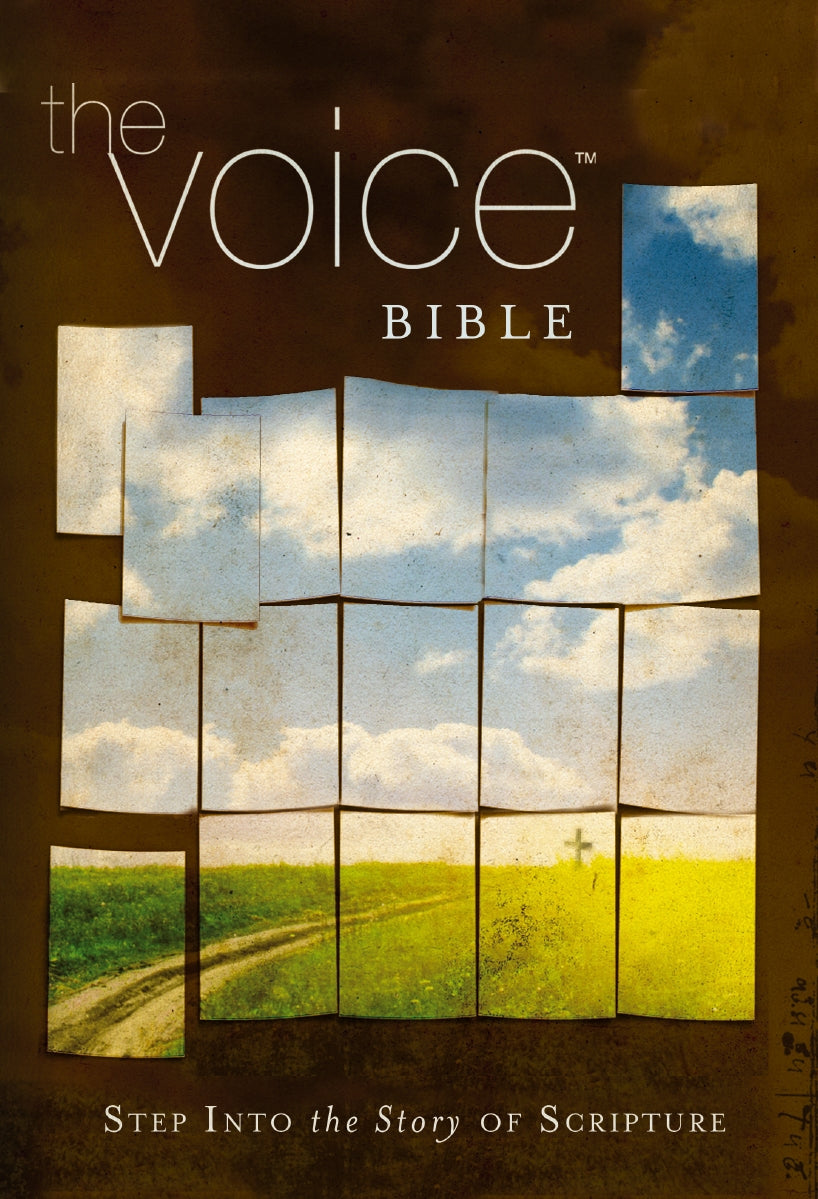Acts 28:21-23
The Voice
Luke’s account of the early church ends abruptly: one of the story’s heroes, Paul, is under house arrest in Rome awaiting trial. Other sources will recount how Paul is later martyred in Rome, a victim of Nero’s paranoia and cruelty. But Luke’s story isn’t a biography of Paul; it is a narration about “the Way” as it moved geographically and culturally from Jerusalem (at the edge of the empire) to Rome (the celebrated center of the world). Therefore, Luke’s story finishes once the message of Jesus is spreading without hindrance.
As it moves geographically, “the Way,” as Jesus’ followers preferred to call it, crosses cultural, linguistic, and religious boundaries. At each and every point, Luke assures, the Spirit is there demonstrating God’s blessing on and approval of the emissaries who walk in the footsteps of Jesus and in fulfillment of prophecies. Clearly what happened in those early decades was driven by the Spirit-wind of heaven; and God’s purposes are realized through the faithful obedience of disciples such as Peter, Stephen, Philip, and Paul.
Luke’s account has ended, but the story about the acts of God through the church continues into our day. We are the characters in the current volume of salvation history. Through our faithful obedience, also empowered by the Spirit-wind of heaven, our stories are part of the anthology of God’s new creation.
Jewish Leaders: 21 We haven’t received letters from Judea about you, and no visiting brother has reported anything or said anything negative about you. 22 So we are interested in hearing your viewpoint on the sect you represent. The only thing we know about it is that people everywhere speak against it.
23 They scheduled a day to meet again, and a large number came to his lodging. From morning until evening, he explained his message to them—giving his account of the kingdom of God, trying to convince them about Jesus from the Law of Moses and the Prophets’ writings.
Read full chapterThe Voice Bible Copyright © 2012 Thomas Nelson, Inc. The Voice™ translation © 2012 Ecclesia Bible Society All rights reserved.


